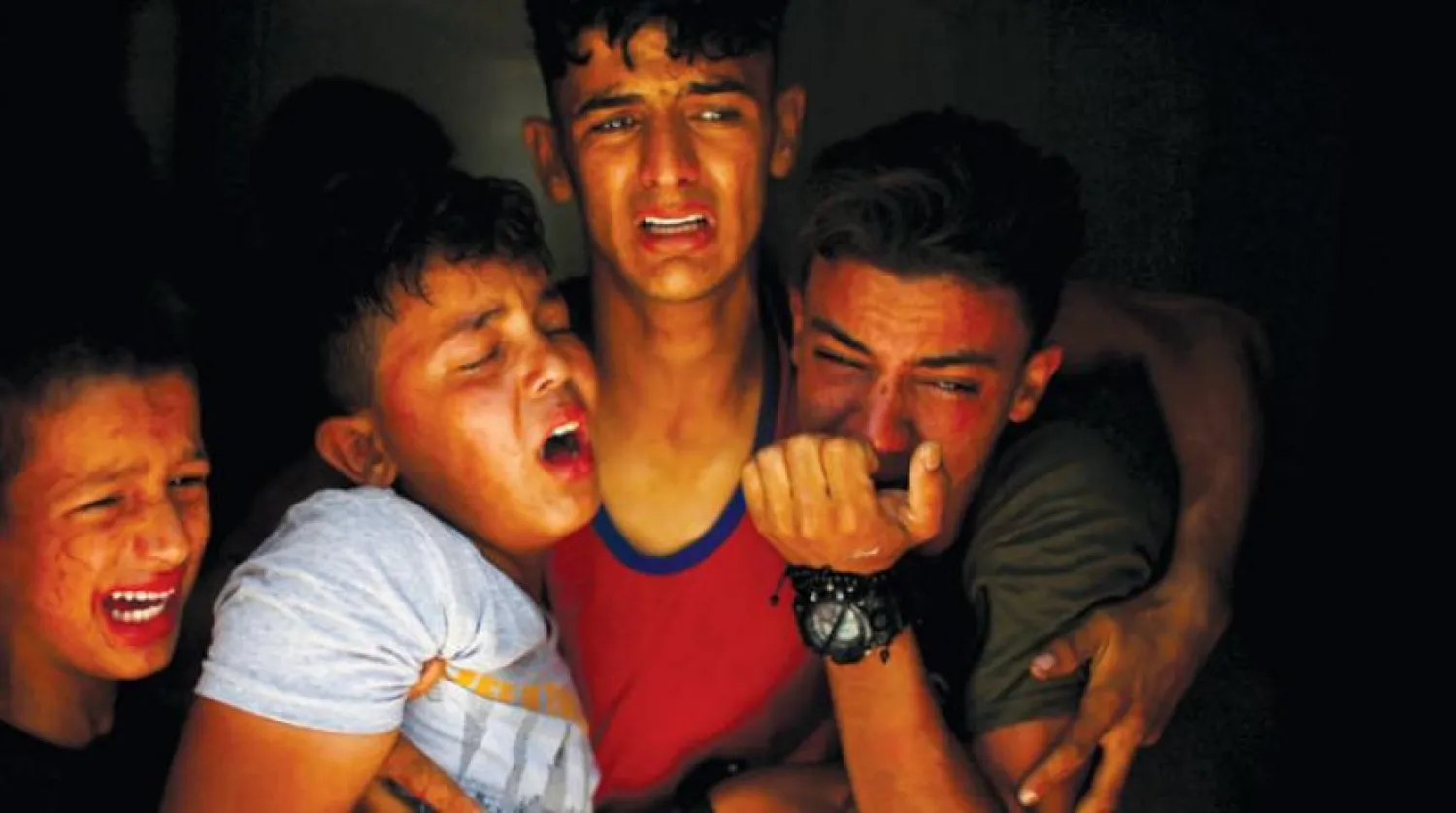A group of prominent international law experts in Tel Aviv has warned Israeli Prime Minister Benjamin Netanyahu, his ministers, and top army generals of the implications of a potential International Criminal Court war crimes investigation.
They also said The Hague will most probably issue secret arrest warrants against Israeli officials if the ICC decides to open an investigation on practices of the Israeli occupation against the Palestinians.
According to senior political sources, this warning has officially been given during the Cabinet session on Wednesday but was only disclosed on Sunday.
The cabinet also discussed the consequences of ICC Chief Prosecutor Fatou Bensouda’s announcement of her intention to open an investigation into operations carried out by Hamas, including the firing of rockets towards populated areas.
The ministers further discussed the economic implications of the ICC probe, as well as the harm the move could inflict on Israel’s international image.
This news was affirmed on Sunday in a report published by the pro-Netanyahu newspaper, Israel Hayom.
It said the ICC has 90 days to launch the investigation and if it does, more than a few Israeli officials may find that they are unable to visit some of the world’s most important nations, for fear they might be arrested and extradited to The Hague.
Legal experts reportedly told the cabinet that a stronger case could be made in The Hague over settlement construction, meaning that every Israeli official party to promoting construction in the Israeli-occupied West Bank and east Jerusalem could potentially face the ICC.
Ramallah is also expected to pressure academic and cultural figures to refrain from visiting Israel, "so as not to appear as supportive of a state accused of alleged war crimes,” the newspaper reported.
According to international law, it is not just the leaders of the settlement movements who are war criminals but also whoever approved the construction of new neighborhoods in Jerusalem.
"The very fact that an ICC investigation will be launched will make Israel synonymous with the darkest regimes in Africa, where truly horrific war crimes have been committed. It’s unthinkable," the newspaper quoted a senior cabinet source as saying.
“The ICC will not discuss what is going on in Syria, Iran, or China, but it has no problem training its sights on us. This is a threat that requires a quick and crushing response,” he stressed.









